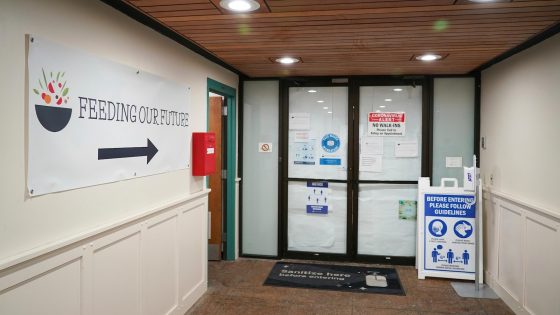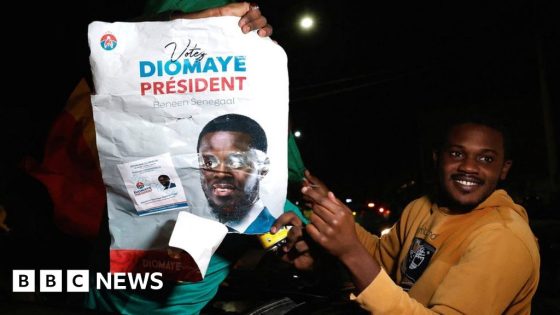MINNEAPOLIS — Two of five people charged with conspiring to bribe a Minnesota juror with a bag of $120,000 in cash in exchange for the acquittal of defendants in one of the country’s largest COVID-19-related fraud cases pleaded not guilty Wednesday.
Said Shafii Farah and Abdulkarim Shafii Farah were arraigned before U.S. Magistrate Judge Tony Leung in Minneapolis. A third co-defendant already pleaded not guilty last week. They are each charged with one count of conspiracy to bribe a juror, one count of bribery of a juror and one count of corruptly influencing a juror. Leung ordered both men detained before trial, saying the crimes of which they are accused threaten foundational aspects of the judicial system.
“In my decades on the bench, I’ve not experienced an attempt at bribing a juror in such a precalculated and organized and executed way,” Leung said. “That to me goes to the heart of an attack on our judicial system, on the rule of law.”
Attorneys for Said Farah and Abdulkarim Farah asked Leung to consider releasing them before trial with certain conditions, arguing the law sets no presumption of detention for the charges they face. They also said both men had significant ties to the community that would prevent them from fleeing.
Assistant U.S. Attorney Joe Thompson said juror bribes are so rare as to be “nearly unprecedented.” He likened the five Minnesota defendants to John Gotti, the notorious mob boss at whose 1987 trial a juror was later found to have taken a cash bribe to help secure an acquittal.
Leung said threatening the rule of law put the community at risk, and necessitated the detention of both men.
Court documents made public last week revealed an extravagant scheme in which the accused researched the juror’s personal information on social media, surveilled her, tracked her daily habits and bought a GPS device to install on her car. Authorities believe the defendants targeted the woman, known as “Juror 52,” because she was the youngest and they believed her to be the only person of color on the panel.
The FBI said the juror called police after Ali allegedly came to her house and handed a gift bag containing $120,000 in cash to the juror’s relative and explained there would be more money if the juror voted to acquit. The juror was removed from the case before deliberations began.
The other three people charged with crimes related to the bribe are Abdiaziz Shafii Farah, Abdimajid Mohamed Nur and Ladan Mohamed Ali. Abdiaziz Farah, who is also charged with one count of obstruction of justice, will not be arraigned until July 10 because he recently retained a new attorney. Ali pleaded not guilty last week and hearings have not taken place yet for Nur.
The bribe attempt brought renewed attention to the trial of seven Minnesota defendants accused of coordinating to steal more than $40 million from a federal program that was supposed to feed children during the coronavirus pandemic. Abdiaziz Farah and Abdimajid Nur were among five people convicted in the fraud trial last month while Said Farah and another person were acquitted. Abdulkarim Farah and Ali were not involved.
More than $250 million in federal funds were taken overall in the scheme and only about $50 million has been recovered, authorities say. Abdiaziz Farah sent millions in stolen money to Kenya that he used to purchase a 12-story apartment building in Nairobi, prosecutors have said.
In public statements after the bribery charges were announced, prosecutors have said the case will leave a lasting impact on the area’s criminal justice system.
“It is no overstatement to say that it really has shook our legal community and called into question the way we conduct jury trials in this district moving forward,” Thompson said.
Source Agencies



